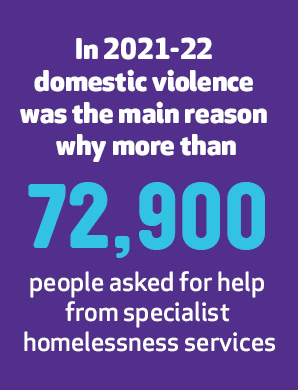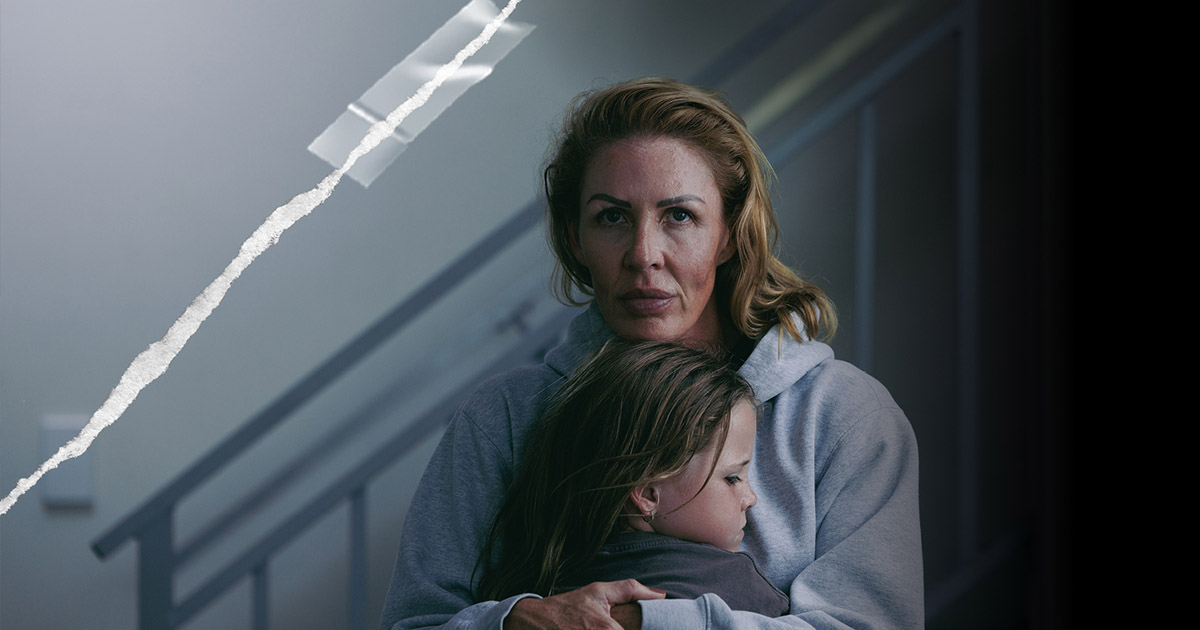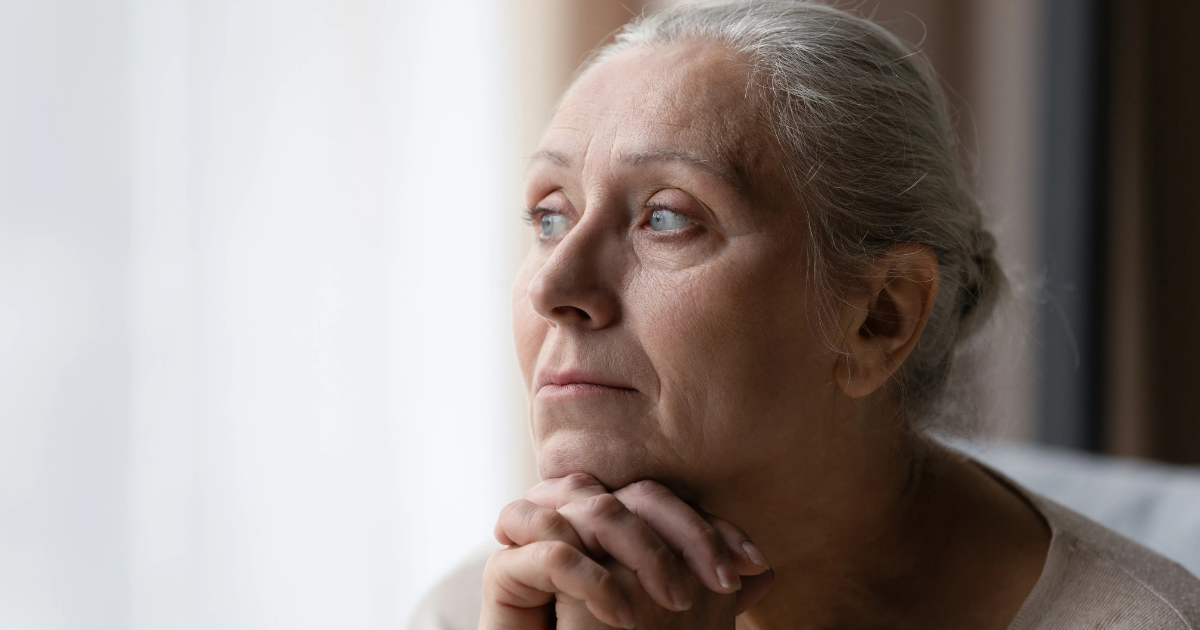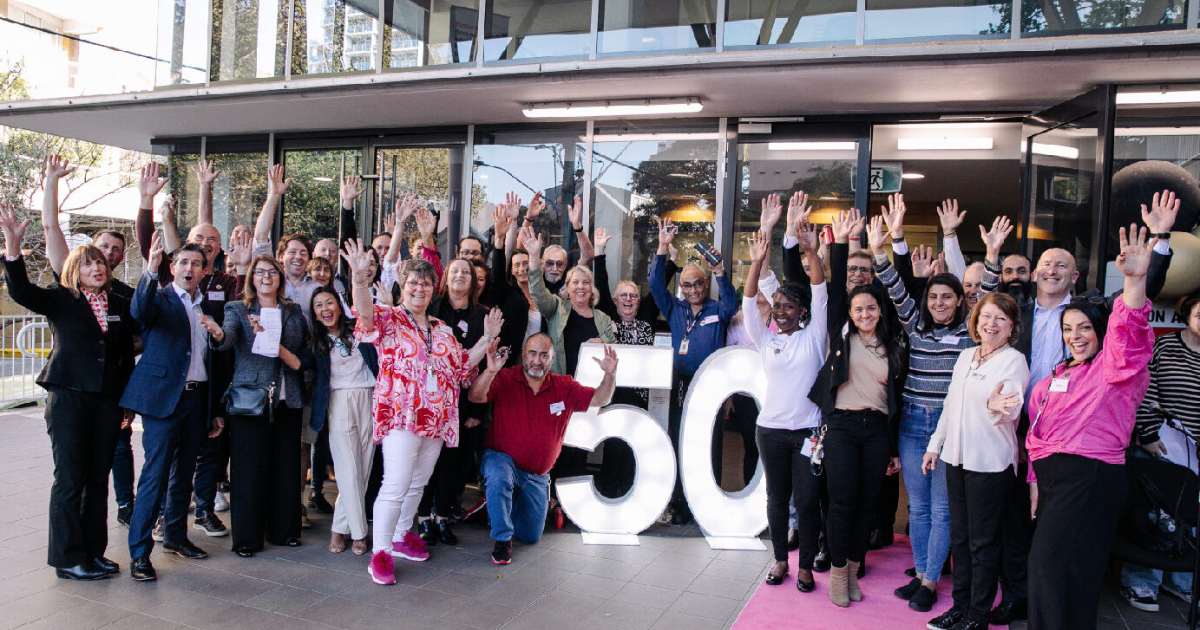Types of Domestic Violence Abuse
Domestic and family violence continues to affect a larger number of Australians each year, causing physical and psychological damage, intergenerational violence and in some cases, contributing to homelessness. In Australia, domestic and family violence is one of the main reasons that women and children seek help from homelessness services.
What is domestic and family violence?
Domestic and family violence (DFV) is not limited to one group, culture, gender or sexuality but can affect family members and intimate partners right across our communities.
Family violence refers to violence between family members as well as between current or former partners. ‘Family violence’ is also used to describe violence between Aboriginal and Torres Strait Islander people, as it covers ties with extended family and kinship relationships.
Domestic violence is considered a subset of family violence. It refers to violent behaviour between current or former intimate partners – typically where one partner tries to exert power and control over the other, usually through fear.

What are the different types of domestic violence and abuse?
Domestic and family violence is not always physical abuse. Often it includes different types of harmful behaviour. Knowing the signs can help you recognise abuse and allow you to take appropriate steps to intervene or find help. Types of domestic violence and abuse include:
1. Physical abuse
Often the most visible form of DFV, physical abuse can involve direct assaults on the body, including use of weapons, driving dangerously, destruction of property, abusing pets in front of family members and forced sleep deprivation. Physical abuse rarely occurs in isolation and perpetrators can also inflict other types of abuse on victims.
2. Emotional abuse
Emotional manipulation through bullying or controlling behaviour is toxic and damaging to someone’s self-esteem and self-worth. Victims are often blamed for problems in the relationship, negatively compared with others, or bullied. Emotionally abusive behaviour can undermine someone’s self-esteem and self-worth.
3. Financial abuse
Taking complete control of all finances, restricting another person’s access to bank accounts or using their money without consent is considered financial abuse. It involves controlling behaviour intended to make victims feel vulnerable, isolated and trapped in their situation.
4. Sexual abuse
While sexual abuse can involve strangers. majority of sexual abuse victims know their perpetrators. Sexual abuse in a relationship involves any form of sexual activity without consent, but it can also involve inflicting pain during sex, assaulting the genitals, coercive sex without protection against pregnancy or sexually transmitted disease, or using sexually degrading insults.
5. Social abuse
Attempting to control someone by isolating them from their friends and connections is a form of abuse. Techniques such as rudeness to family and friends, moving to locations where the victim doesn’t know anyone, or forbidding them from leaving the house can cause mental harm.
6. Verbal abuse
Words can cause as much damage to a person as physical abuse. Verbal abuse includes humiliating taunts either privately or publicly, verbal ‘put downs’ about person’s intelligence, sexuality, body image or value as a family member, parent or spouse.
7. Spiritual abuse
Using religious teachings or cultural traditions to justify forms of abuse, denigration of a cultural background or denying access to religious ceremonies, land or family, is considered a type of spiritual abuse. This form of abuse maybe difficult to identify, as many victims may not realise they are being abused.
8. Elder or child abuse
As many elders and children cannot protect or advocate for themselves, these groups of people are at risk of experiencing physical, financial, emotional or sexual abuse. Neglecting to care for children and elderly people is also considered a form of abuse.
Where can I get help?
If you, or someone you know is experiencing abuse or violence, it’s important to remember that it’s not your fault. There are support services that can help you.
If your life is in danger, call 000. For 24/7 domestic violence counselling call the National Sexual Assault, Family & Domestic Violence Counselling Line on 1800 RESPECT (1800 737 732).
If you are looking for support in your current situation, explore Mission Australia services near you.
Help parents and children escaping domestic and family violence find safe homes.
AIHW (2022): Specialist homelessness services annual report 2021–22.
Related news and stories
Read about what we’ve been working on, our stance on important social issues and how you make a difference to vulnerable Australians' lives.

Three priorities at the 2025 Federal Election

From fear to freedom: Cass’ story

Women helping women: Karla’s story

Helping older women find safe homes

Celebrating 50 years of helping people in Surry Hills

